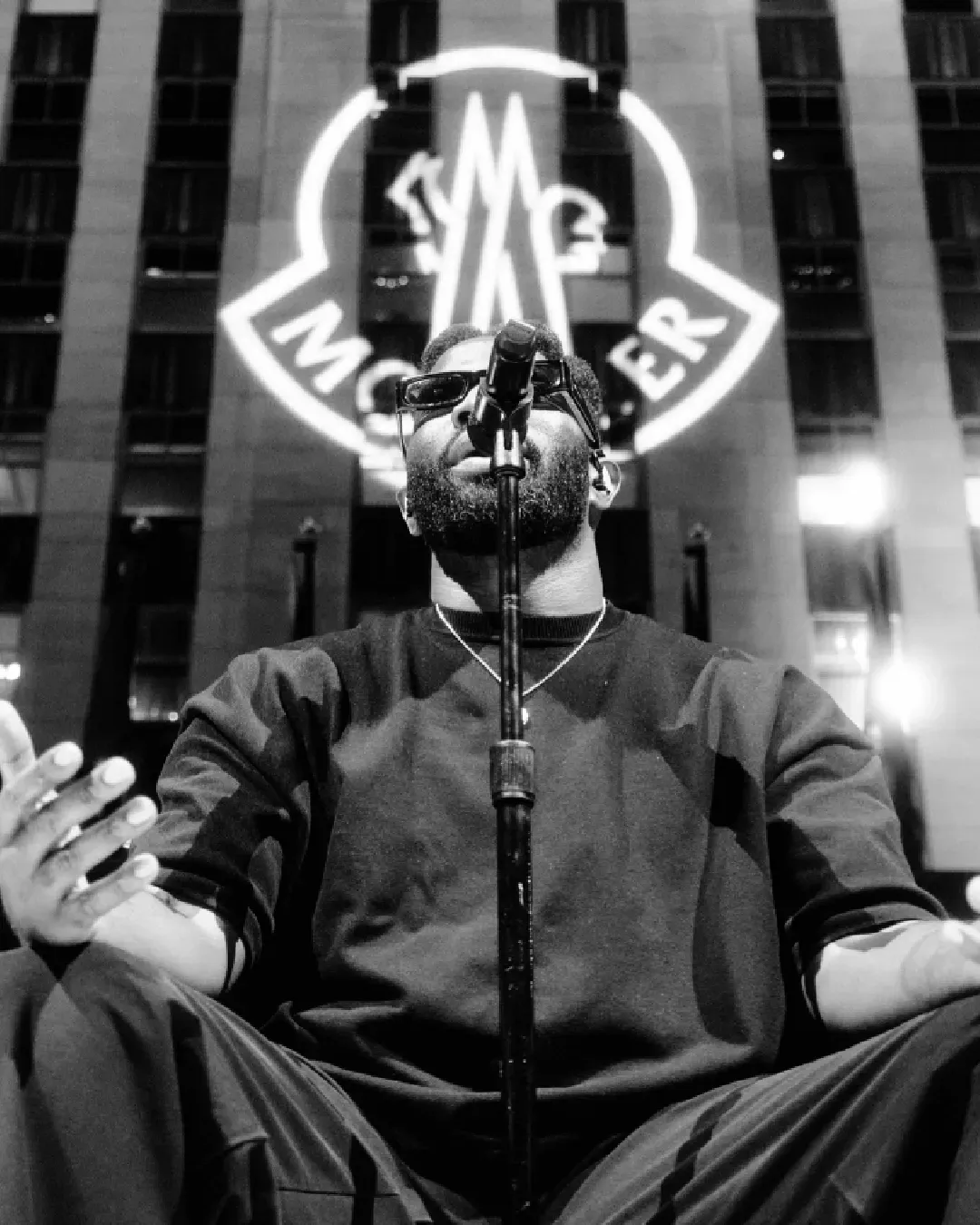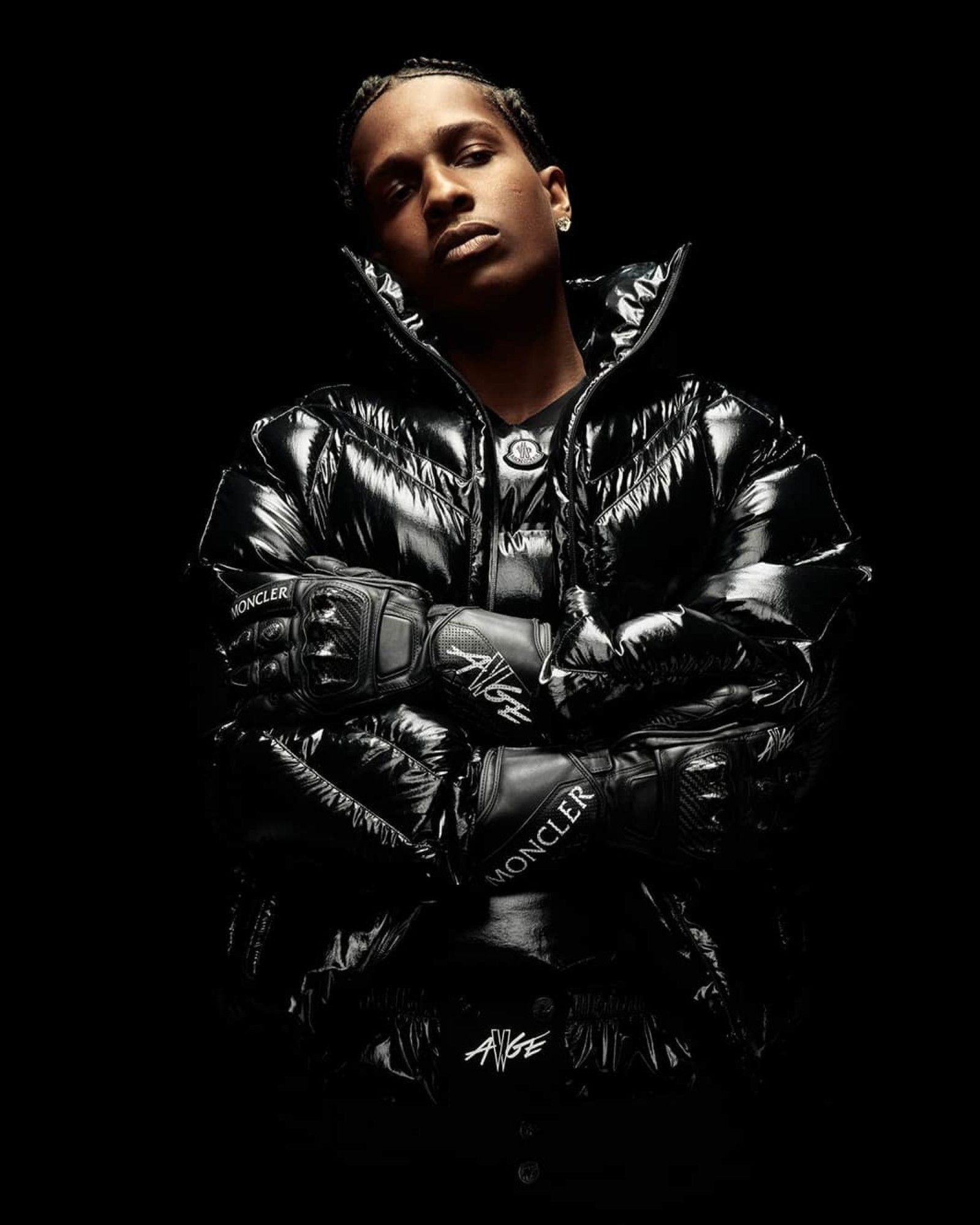
Is Moncler about to acquire Burberry? News of the potential acquisition sent the British brand's stock soaring on the stock market
Yesterday, shares in Burberry rose by 7% following rumors that Moncler is interested in acquiring the brand. According to a report by Miss Tweed, whose predictions are generally quite reliable, Moncler is considering adding Burberry to its portfolio, taking advantage of the British brand’s challenging financial situation despite efforts to reposition under the creative direction of Daniel Lee. The news isn't surprising, given Moncler’s expansion goals and the potential support from LVMH, which recently acquired a significant stake in Moncler through Double R, the investment fund holding shares in Remo Ruffini’s brand. Nonetheless, Moncler stated it does not comment on speculation. However, the prospect of an acquisition has generated a wave of enthusiasm among investors: Burberry’s stock climbed to 872 pence, up from the previous close of 812 pence—a sharp increase that suggests the market sees Burberry as a valuable and attractive acquisition target, especially as its shares have fallen by 40% over the past year. Moncler for now states that it «does not comment on unsubstantiated speculation.»
What is certain is that Burberry’s future could shift dramatically if it becomes part of one of the world’s major luxury groups. The brand has issued two profit warnings this year—a turbulent financial situation that led the board to dismiss former CEO Jonathan Akeroyd with immediate effect in July. Weighing on Burberry’s performance is the economic downturn in China, where consumers have become more cautious and selective with luxury purchases. Additional challenges include the underwhelming reception of Daniel Lee’s creative direction and steep price increases that have distanced the brand from the middle-market segment that traditionally drove sales of its scarves, shirts, polos, and trench coats. This has led the brand's new campaigns, influenced by new CEO Joshua Schulman, to focus on a more traditional Burberry aesthetic, reminiscent of Jonathan Bailey’s era at Burberry Prorsum's golden days. In general, the luxury sector’s downturn is affecting numerous brands, making those publicly traded and relatively independent increasingly vulnerable to potential acquisitions by financially stronger companies.















































